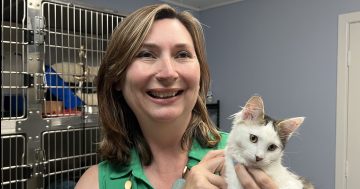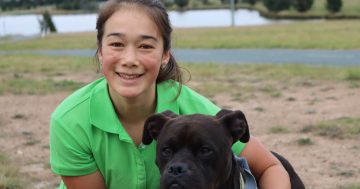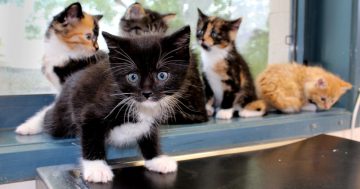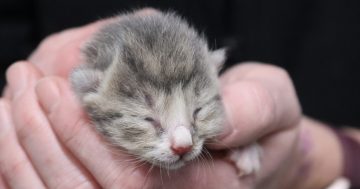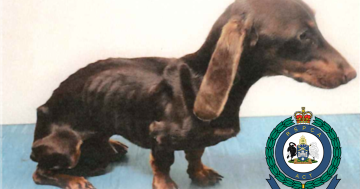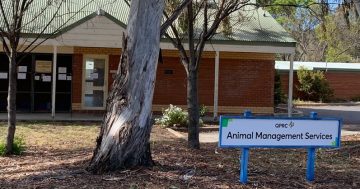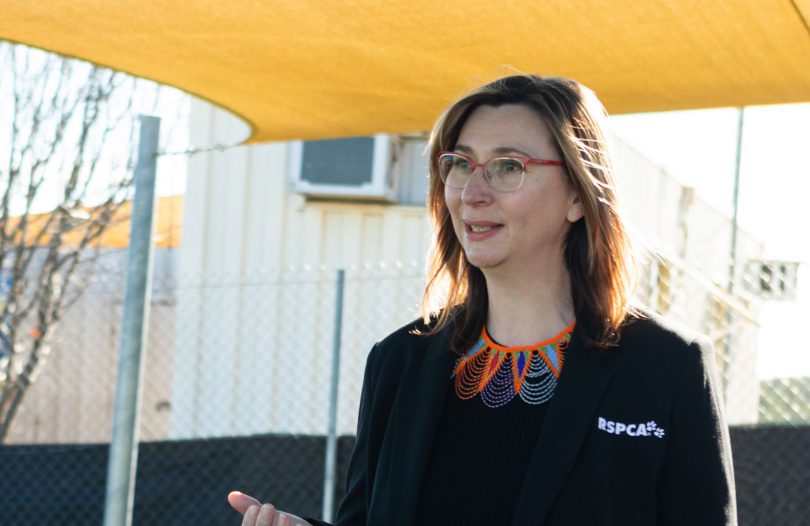
RSPCA ACT CEO Michelle Robertson said a recent court ruling highlighted the need for stronger animal welfare laws and punishments. Photo: File.
Warning: some readers might find photos in this article distressing.
RSPCA ACT said it will continue to advocate for stronger animal welfare laws after a court ruled in favour of a defendant despite four animals in the defendant’s care having to be euthanised.
In April last year, RSPCA inspectors found a number of birds and other animals injured and in poor living conditions at the site of a local business attraction. The inspectors seized two canaries, a rainbow lorikeet, a turkey and two chickens which were in an “appalling condition”, according to RSPCA ACT CEO Michelle Robertson.
Ms Robertson said the injuries to the two chickens, the turkey and one canary were so severe the veterinarian decided the most humane course of action was to euthanise the birds.
Under the existing Animal Welfare Act 1992, charges were laid in relation to four of the animals for “failure to take reasonable steps to provide an animal with appropriate treatment for illness, disease and injury”.
The court proceedings took over a year, with the magistrate eventually ruling in favour of the defendant earlier this month.

Two chickens, a turkey and a canary required euthanasia. Photo: RSPCA ACT.
Currently, there is no legislation or licensing agreement for businesses that own animals and where animals are an integral part of their business, which Ms Robertson believes provides a loophole.
“Even though the defendant was confirmed as the owner of the animals, the responsibility for their care had been delegated to his employees; therefore, the magistrate ruled the defendant had no knowledge of the animals in their appalling condition,” Ms Robertson said.
The surviving canary and rainbow lorikeet were surrendered back to the business earlier this month, which Ms Robertson said was very difficult for RSPCA staff and volunteers.
“Our volunteers and staff nurtured and cared for these birds and brought them back to health,” she said. “One volunteer, in particular, is incredibly dedicated and she has a real heart for our birds. For more than a year, she would come in every week to care for them.
“I spoke to her after the ruling and she was devastated. It is quite difficult because what can I say to her to make it better?”
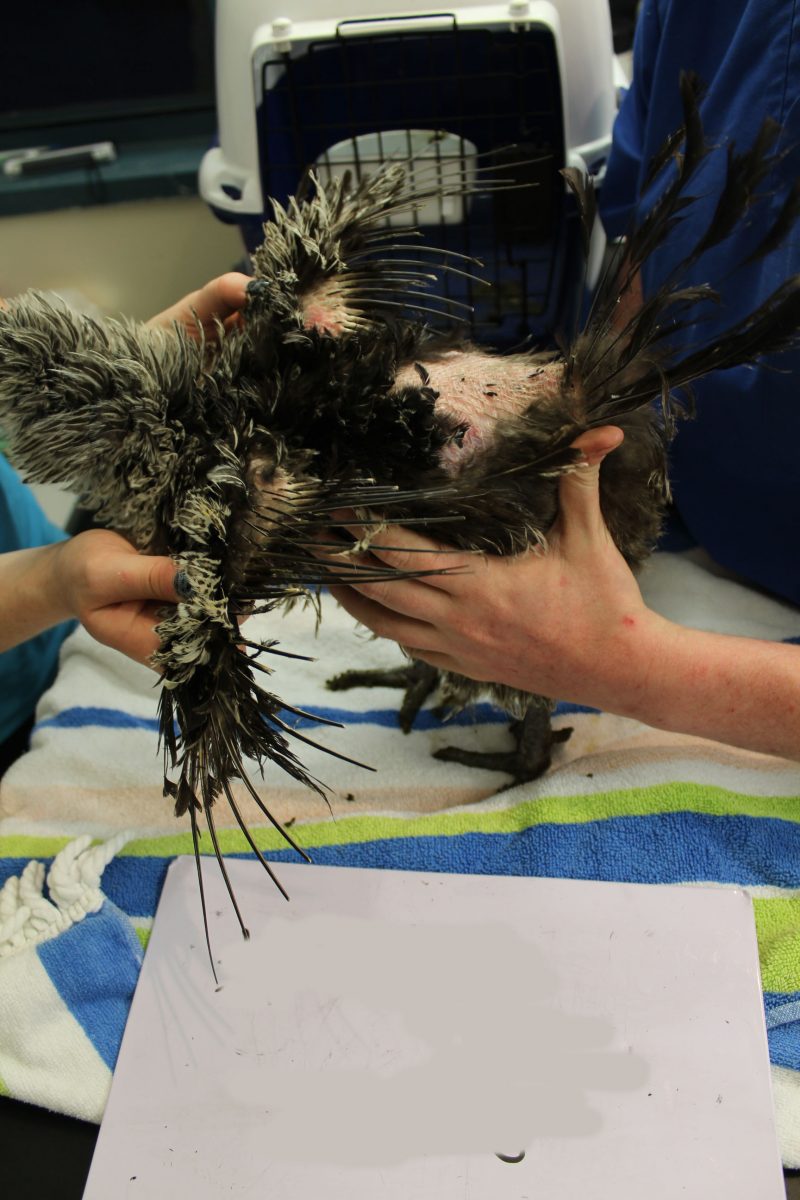
“We can’t just say these were just a couple of chickens or birds. That is not good enough,” RSCPA CEO Michelle Robertson said. Photo: RSPCA ACT.
If found guilty, the defendant would have received 100 penalty points (one penalty points is $160), imprisonment for one year, or both. Ms Robertson said even if the defendant had been found responsible for the animals’ welfare, the consequences are not strong enough.
“It is so, so rare to see maximum penalties imposed,” she said. “It doesn’t seem to ever happen. We need animal cruelty consequences to be in line with community expectations.
“If it does go to prosecution, there needs to be fair, balanced sentencing but at the moment it seems completely unaligned with what people would expect. Even in extreme circumstances, it seems that there are no real consequences. This is not just an ACT thing, it’s a national thing.
“I don’t want to portray the RSPCA as wanting to stick it to everybody because that is not what it is about. We just want good outcomes for our animals and there needs to be fairness.”

RSPCA inspectors seized two canaries, a rainbow lorikeet, a turkey and two chickens in “appalling condition”. Photo: RSPCA ACT.
On 4 September Ms Robertson wrote to the Ministers of Urban Services Chris Steel to advocate for stronger animal welfare laws, stating there are a number of amendments in the Animal Welfare Legislation Amendment Bill 2019 that could have assisted in a successful prosecution of the case.
“In the Animal Welfare Legislation Amendment Bill 2019, the proposed amendments under Section 16 make it an offence to display animals which are unfit for purpose,” the letter read.
“There is also a new offence under the substituted section 6B which makes it an offence for a person in charge of an animal to ‘fail to give the animal care that is appropriate for the animal’s wellbeing’.”
Ms Robertson said the proposed amendments to the Animal Welfare Legislation will help the RSPCA when it is passed.
“We need to continue to advocate for stronger animal welfare laws,” Ms Robertson said. “We can’t just say these were just a couple of chickens or birds. That is not good enough. These defenceless animals had no voice and received no justice.”












